The referee is the No. 1 professional baseball player
In baseball, umpire is a professional who is responsible for enforcing the rules of the game and maintaining the fairness and order of the game. They need to have a good grasp of baseball rules, quick judgment, and authority to keep the game running smoothly. Here's a closer look at combining baseball:
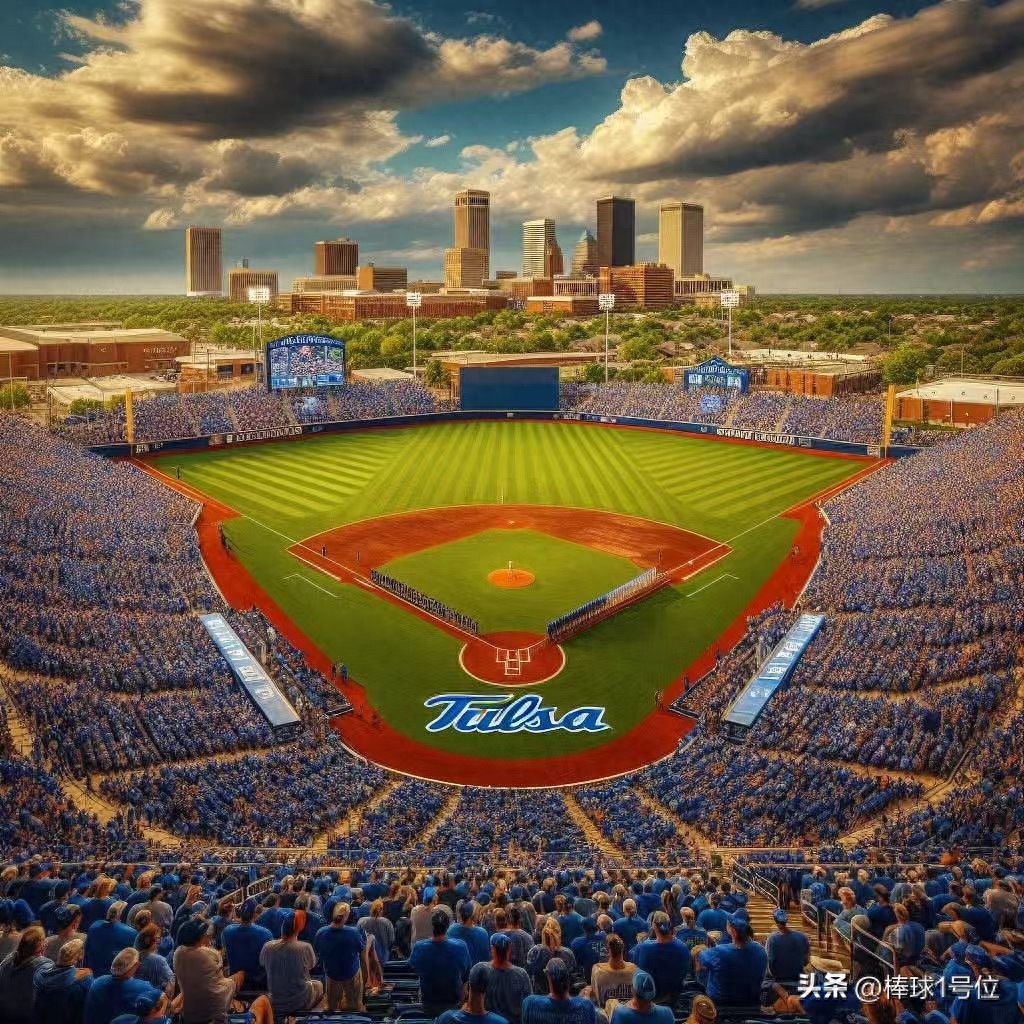
1. The core responsibilities of referees
Rule Enforcement: Supervise the game for compliance with baseball rules, such as determining whether a pitcher's pitch is a "good" or "bad" ball, whether the batter is out, whether the runner is safe, etc.
On-the-spot adjudication: Instant judgment on controversial actions (e.g., touch-and-kill, block, home plate) with final decision.
Match Management: Control the pace of the game, deal with unexpected situations (e.g., weather disruptions, player conflicts), and supervise player and coach behavior.
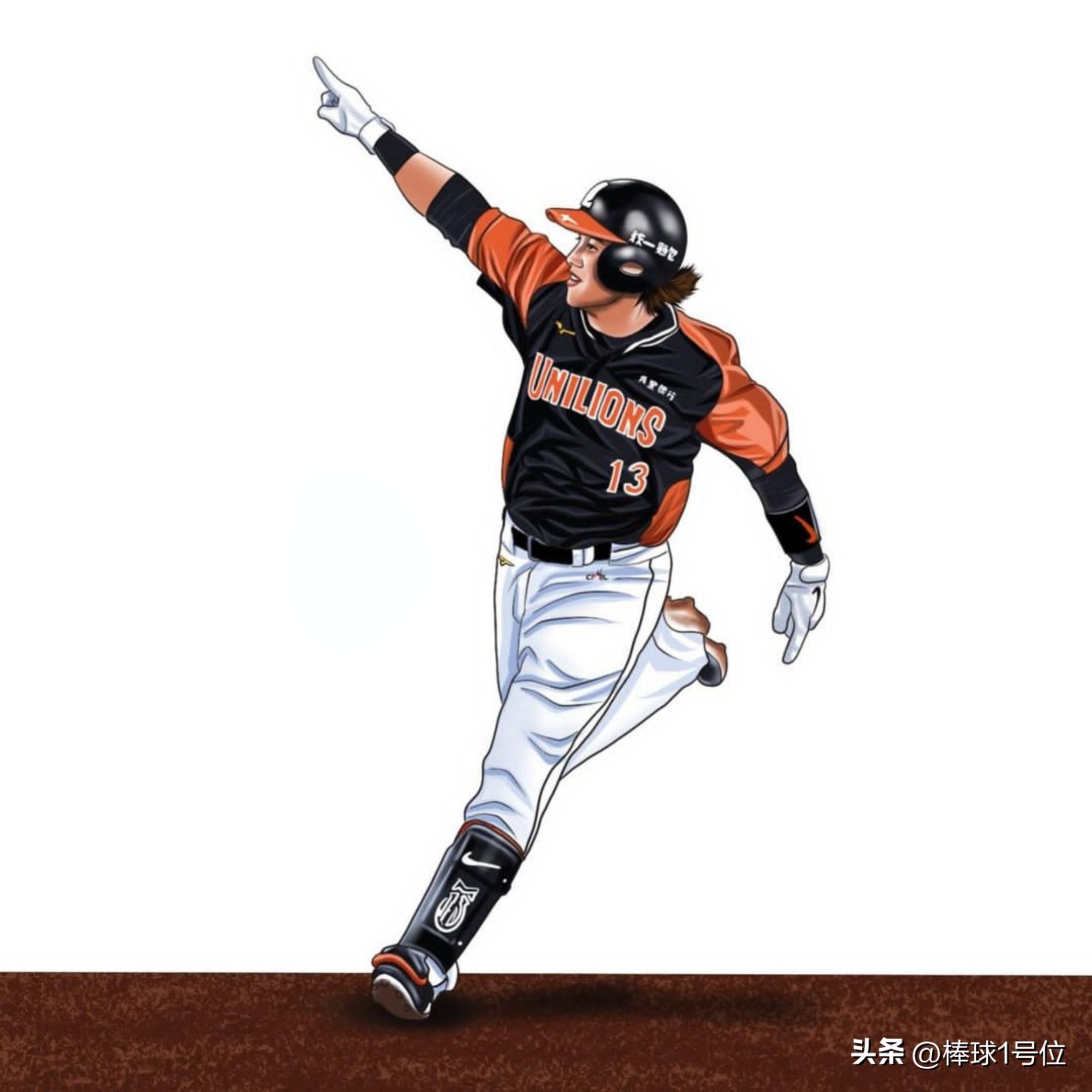
2. Authority of referees
Unchallenged: The referee's decision on the spot is final without technical assistance (some professional leagues allow a decision to be challenged through a live replay system).
Professional division of labor: Baseball referees usually work in teams, which are divided into the following according to the position:
Head Referee (Home Plate Referee): Responsible for determining good/bad balls, home plate offense and defense.
Line referees (first, second, and third base referees): Observe actions such as running bases, blocking, and touching.
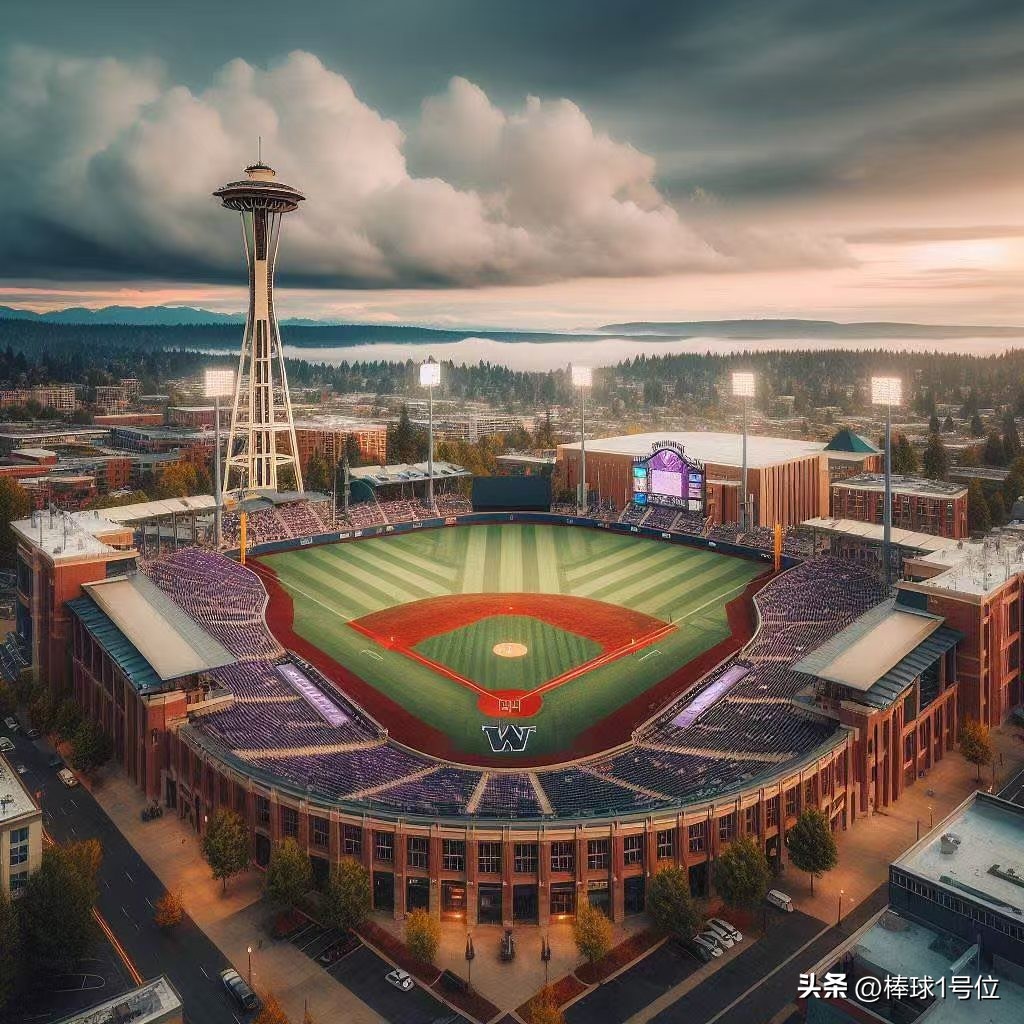
3. Peculiarities of baseball referees
Technical judgments: For example, three-dimensional spatial judgment of the good ball area (about 43 cm wide and height from the batter's knee to the waist) requires extremely fast reflexes and spatial awareness.
High-risk scenarios: For example, when hitting home plates, it is necessary to observe whether the runner touches the base up closely, and avoid being hit by the ball or players.
Psychological quality: Remain calm in the face of doubts from players and coaches, and expel violators from the field if necessary.
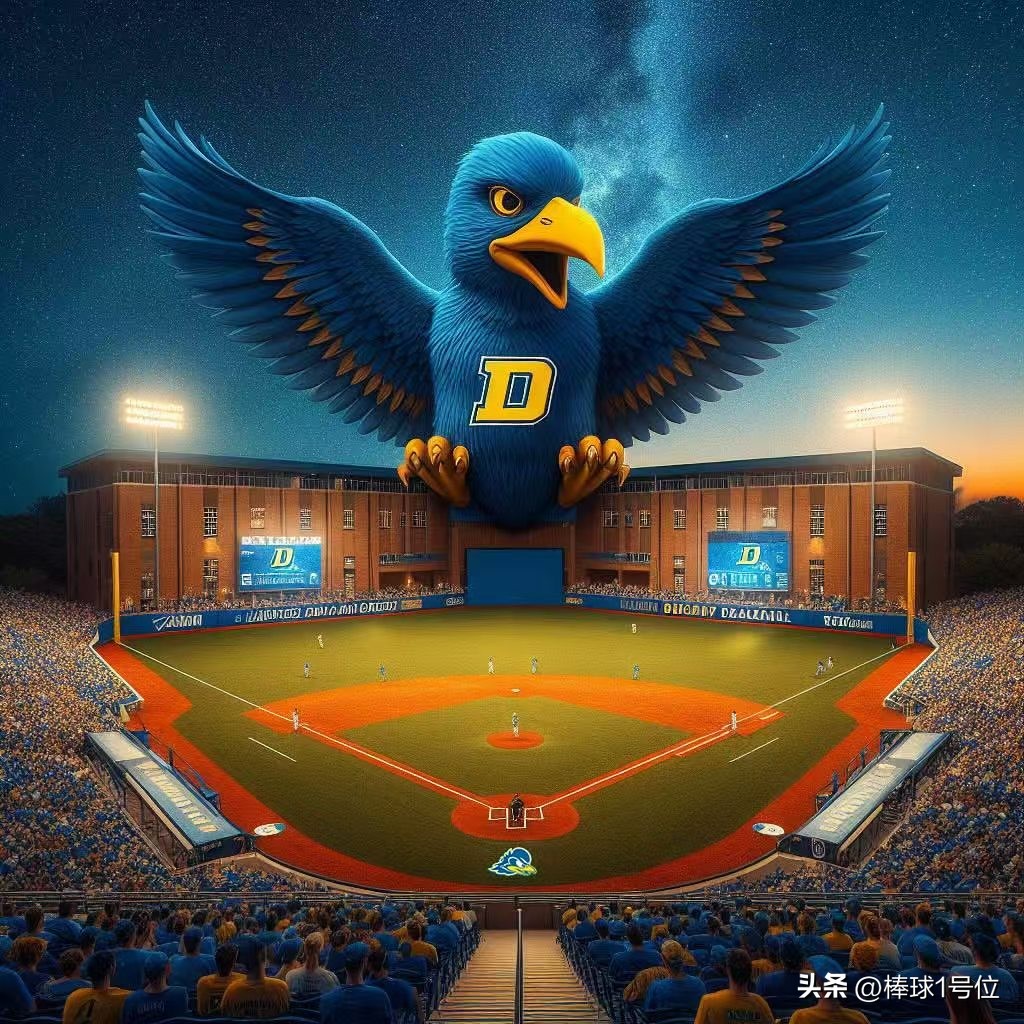
4. Career paths
Hierarchy: From amateur leagues and minor leagues to professional major leagues (MLB), top referees need to pass rigorous assessments and accumulate years of experience.
Technical assistance: In modern baseball, referees may use Instant Replay to assist with key decisions, but on-the-spot judgment is still a core competency.
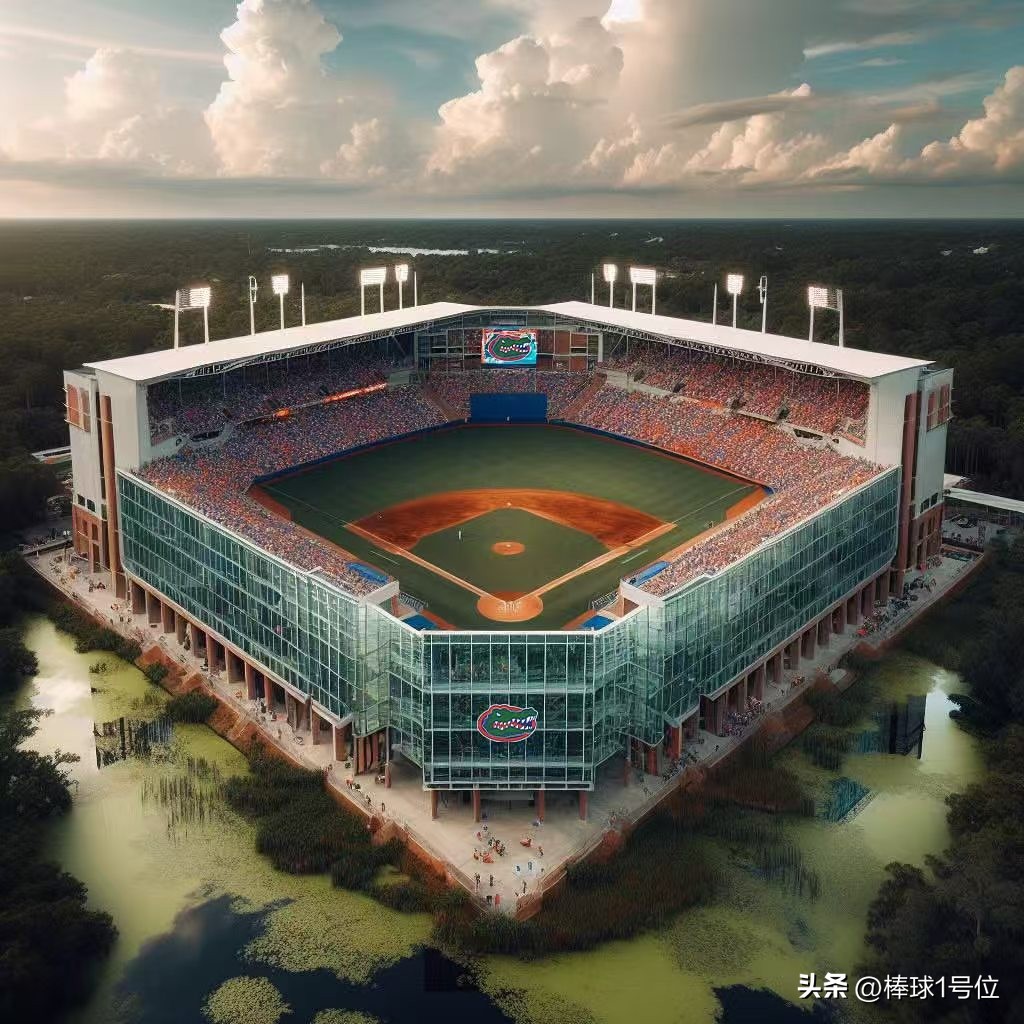
5. Impact on the game
The referee's decision directly affects the outcome of the match. For example:
A controversial "good ball" decision could change the batter's fortunes.
A decision on home plate safety or exit can determine the winner. Therefore, the professionalism and impartiality of referees is an important guarantee for the credibility of baseball.
Baseball referees are technical, authoritative and adaptable professions, and they play an irreplaceable role in upholding the rules of the game and sportsmanship.


Wonderfulshortvideo

Shohei was on seeds duty for Freddie’s homer. 😂



FREDDIE! FREDDIE! FREDDIE!



a man of many talents✨



Michael Conforto tumbles into the stands but holds on for an outstanding catch!



Aaron Judge is now tied for the Major League lead in home runs 🔥



Keep your eye on the ball 👀⚾️



JUST IN: The Marlins have revealed their new City Connect uniforms 🎆








 Links
Links
 Contact
Contact
 App
App


